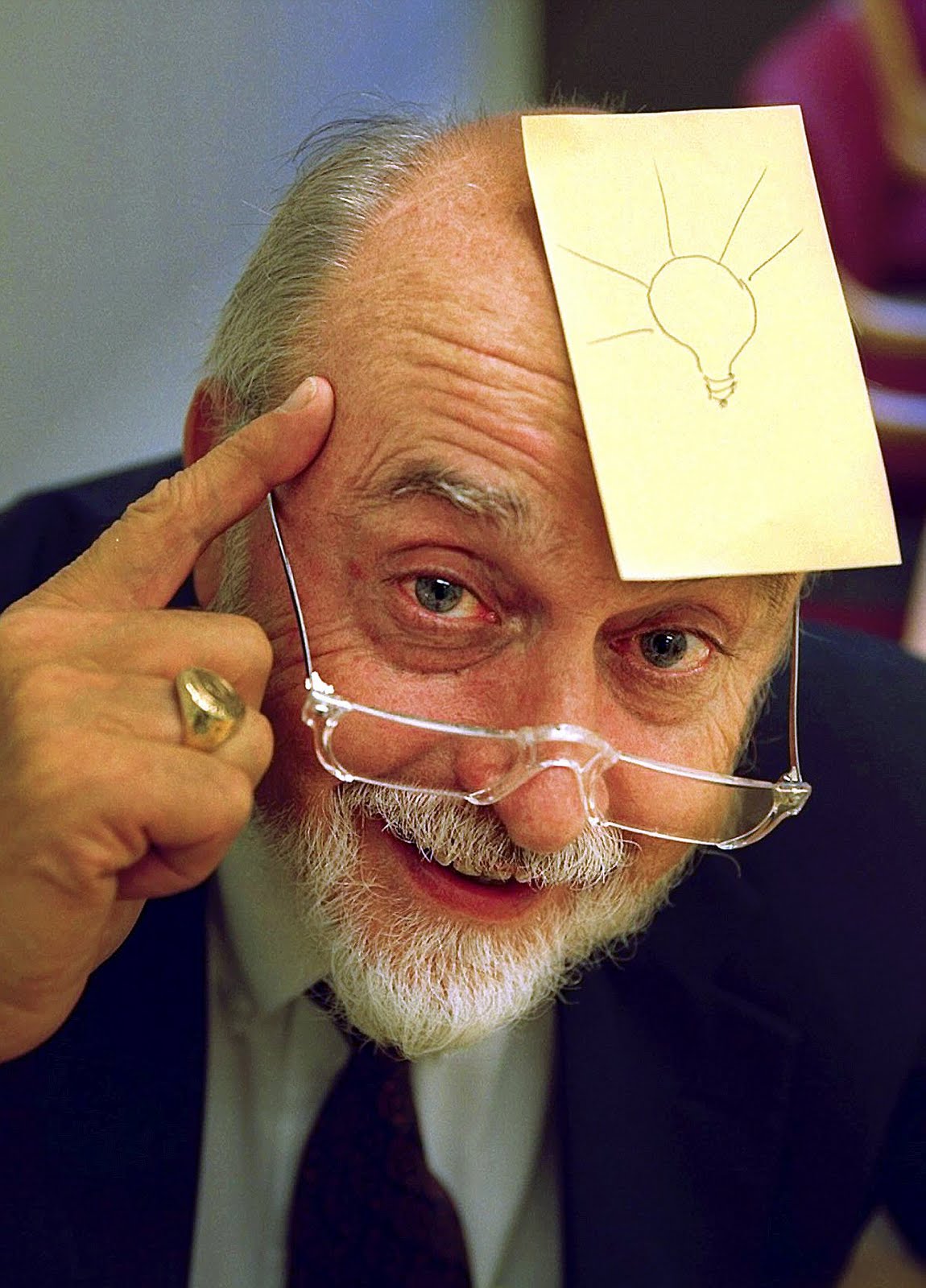 |
| Choo Choo! |
Regular
readers of my blog will recognize what I'm about to do here. The rest
of you, get ready to take a ride on Elizabeth's Nostalgia Train!
I'll
never forget the first time. The nerves, the sweaty palms, the racing
heart... Is this really happening? I thought. Am I really
about to do this? I
second guessed myself
the whole time, wondering if I
was doing the right thing...
or if I was
doing it right. I
worried what others would think of me
when they found out what I'd
done. Eventually, though,
I succumbed to the need, thew
caution to the wind, and embraced
the experience. It was
exhilarating. It was powerful. It changed me forever.
I
am, of course, talking about the first time I
wrote.
.jpg/800px-Detail,_Wall_Painting,_Old_Church_of_St._Mary_of_Zion,_Axum,_Ethiopia_(2866859800).jpg) |
| For this, you waste my time? |
... About
sex.
 |
| *Ding!* There it is. |
It
was my senior year in high school, my AP English class. The course
marked a major milestone in my writing life, for while I was not yet
writing my own novels, I was learning to analyze the hell out of others' works.
On this particular day--April 14, according to my file (You do hang onto your academic papers, don't you?)--we were given a poem entitled "The Centaur," by May Swenson (Downloadable text here). Our essay prompt was this: "Read the following poem carefully. Then write an essay in which you discuss how such elements as language, imagery, structure, and point of view convey meaning in the poem."
So I read it. I read lines like: "I'd straddle and canter him fast"; "The willow knob with the strap / jouncing between my thighs"; "I shied and skittered and reared, / stopped and raised my knees, / pawed at the ground and quivered. / My teeth bared as we wheeled"; "Dismounting, I smoothed my skirt."
I read. I blinked. My 17-year old mind went straight to the gutter, as adolescent brains are wont to do.
Desperately, I tried to think my way around my degenerate ideas. There was no way Ms. Swenson's poem, told through the narrative voice of a young girl, was really saying what I thought it was saying. I mean... it was just a little girl playing in the woods, right? It was just my lurid imagination seeing titillation in the imagery, finding a phallus where a stick had been "peeled [...] slick and clean."
But no matter how I attempted to bully my brain into reading something more innocent in the text, I couldn't escape the notion of something deliberately erotic about this poem. I can't remember exactly what clicked, but I finally decided that "The Centaur" really was about sex, gosh darnit, and I was going to put on my big girl writing britches and say so.
I wrote how the language lent the poem an erotic flavor. In another paragraph, I stated: "In conjunction with the diction of 'The Centaur,' imagery and structure work hand-in-hand to bring about the sexualization of the speaker's imagined horse ride as a ten-year-old. The entirety of 'The Centaur' parallels a sexual experience. It opens with the expectation of a rendezvous 'by the old canal,' hidden away 'in a willow grove.'" I went on to map out the arc from foreplay to intercourse to climax to post-coital disarray. The paper I turned in ends with: "The poem transforms a seemingly harmless childhood game into a sexual romp in the woods."
I've never sweated so much upon turning in an essay. I held my teacher in great esteem. What if I was wrong? What would she think of me when she read my work? She would know I had all these thoughts about Ess Ee Ex in my head, that I knew about orgasms and women being on top. I was terrified.
I got an A-.
After "The Centaur," I was never afraid to call out what it was I read in a text. If I saw sex, or misogyny, or nuanced commentary on race relations, or a pink elephant in the sky, then I said so. I learned to trust my instincts, both as a reader and as a writer. As an author, this is a lesson I have to keep teaching myself. It's ok to go there. It's ok to write what's on my mind. I cannot be constrained by what someone else might think, whether I'll offend a reader's sensibilities. I have to be true to the vision I have for my work, and trust that it will find its way into the hands of readers who enjoy it.
On this particular day--April 14, according to my file (You do hang onto your academic papers, don't you?)--we were given a poem entitled "The Centaur," by May Swenson (Downloadable text here). Our essay prompt was this: "Read the following poem carefully. Then write an essay in which you discuss how such elements as language, imagery, structure, and point of view convey meaning in the poem."
 |
| There was also some mention of spanking and rump slapping. |
I read. I blinked. My 17-year old mind went straight to the gutter, as adolescent brains are wont to do.
Desperately, I tried to think my way around my degenerate ideas. There was no way Ms. Swenson's poem, told through the narrative voice of a young girl, was really saying what I thought it was saying. I mean... it was just a little girl playing in the woods, right? It was just my lurid imagination seeing titillation in the imagery, finding a phallus where a stick had been "peeled [...] slick and clean."
But no matter how I attempted to bully my brain into reading something more innocent in the text, I couldn't escape the notion of something deliberately erotic about this poem. I can't remember exactly what clicked, but I finally decided that "The Centaur" really was about sex, gosh darnit, and I was going to put on my big girl writing britches and say so.
_&_Behles,_Edmund_(1841-1924)_-_n._2399_-_Disegno_tratto_da_un_affresco_pompeiano.jpg) |
| It's like centaurs literally have NOTHING else to do. |
I've never sweated so much upon turning in an essay. I held my teacher in great esteem. What if I was wrong? What would she think of me when she read my work? She would know I had all these thoughts about Ess Ee Ex in my head, that I knew about orgasms and women being on top. I was terrified.
I got an A-.
After "The Centaur," I was never afraid to call out what it was I read in a text. If I saw sex, or misogyny, or nuanced commentary on race relations, or a pink elephant in the sky, then I said so. I learned to trust my instincts, both as a reader and as a writer. As an author, this is a lesson I have to keep teaching myself. It's ok to go there. It's ok to write what's on my mind. I cannot be constrained by what someone else might think, whether I'll offend a reader's sensibilities. I have to be true to the vision I have for my work, and trust that it will find its way into the hands of readers who enjoy it.

Ding there it is! I so adore this pic!! LOL
ReplyDeleteSweeter than wine.
ReplyDeleteWay to go! Word to those who choose the word-y path of a writer! Be brave and bold those who wander there....
ReplyDeleteOh, Mythology and its half-beasts half-humans that were always all about sex....
Satyrs in particular were particularly randy. Before they were cleaned up for neoclassical sensibilities they had a phallus and a horse tail that gave way to the more "modest" goat bottom....at least they kept their horns, so they could still be...horny.
I am sure you completely impressed your teacher :)